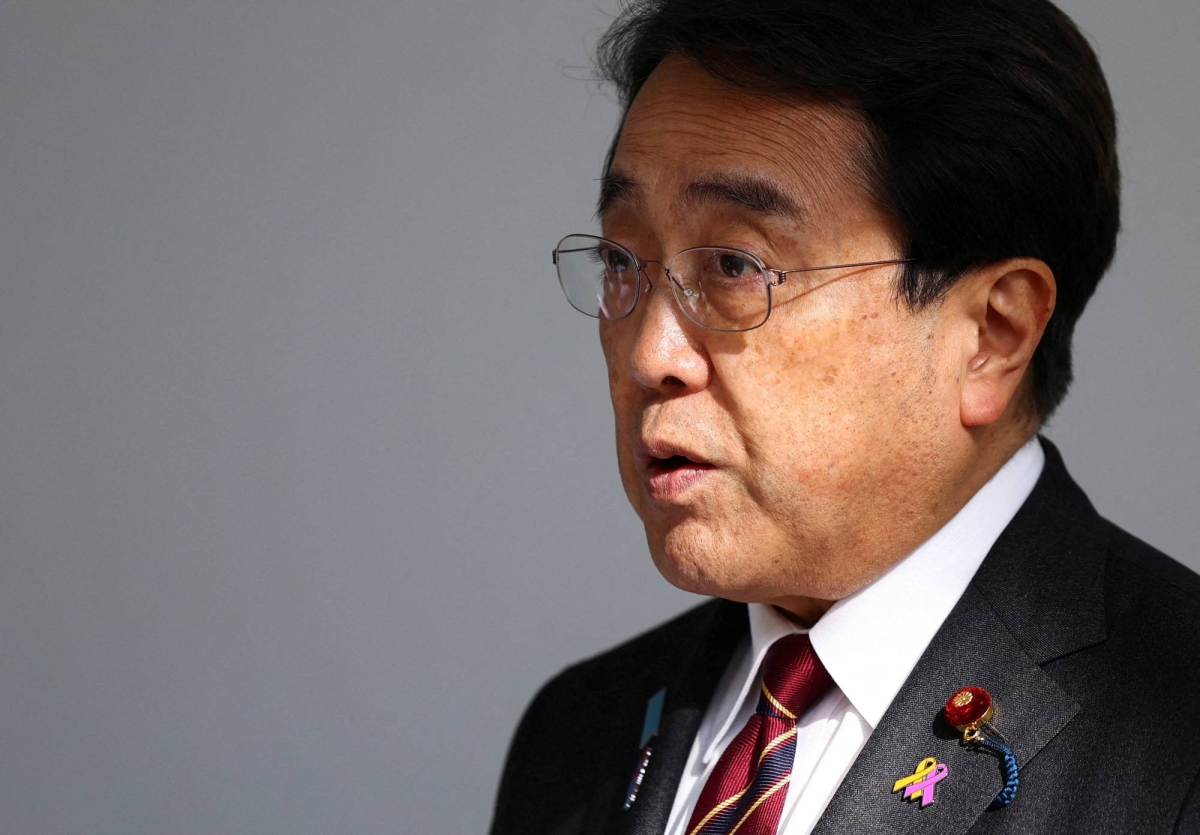Japan's top trade negotiator holds two phone meetings with Lutnick

Switzerland and Iceland clash in Women's Euro 2025 as Graham Hansen's late goal boosts Norway's quarterfinal hopes, while England's Lionesses face elimination unless they improve, though history provides a glimmer of optimism.

All major sources, one page
Feel the mood behind headlines
Know what’s trending, globally
Get summaries. Save time
8,422
120
211
in an hour
Get instant summaries, explore trending stories, and dive deeper into the headlines — all in one sleek, noise-free mobile experience.
Stay sharp in 60 seconds. Get concise summaries of today’s biggest stories — markets, tech, sports, and more
All major sources, one page
Feel the mood behind headlines
Know what’s trending, globally
Get summaries. Save time
8,422
120
211
in an hour
Get instant summaries, explore trending stories, and dive deeper into the headlines — all in one sleek, noise-free mobile experience.
Stay sharp in 60 seconds. Get concise summaries of today’s biggest stories — markets, tech, sports, and more